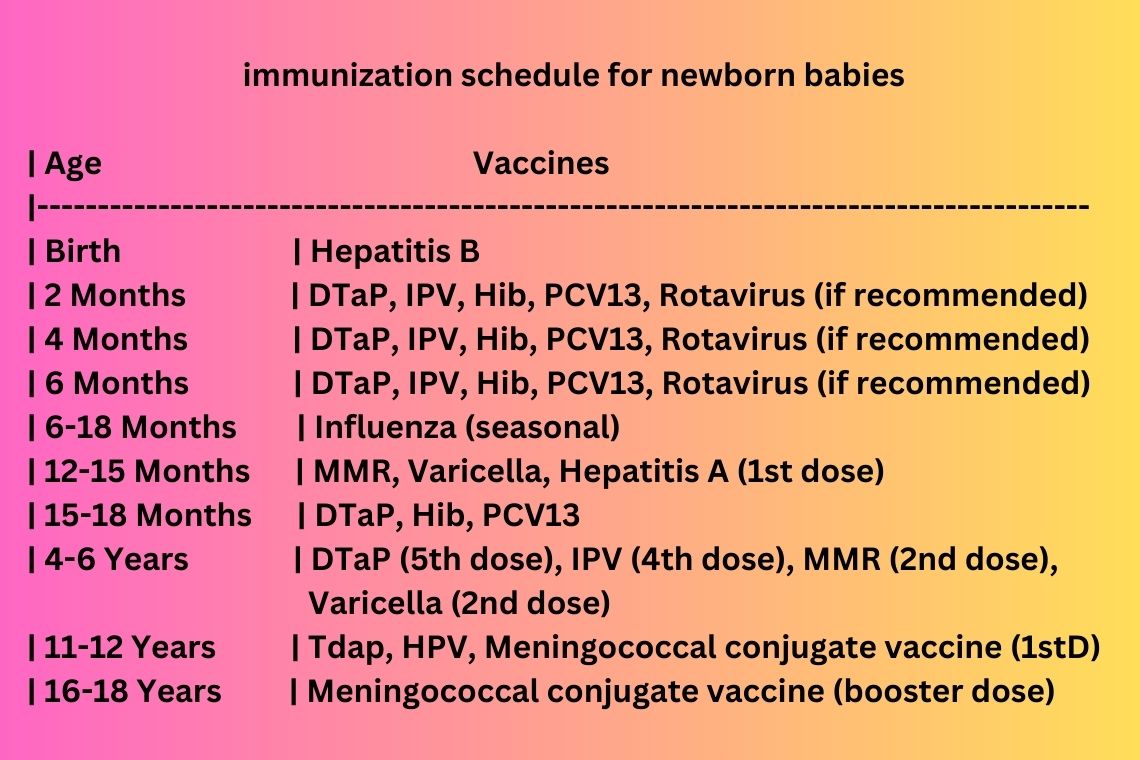
Table of Contents
What Is Immunization and How Its Help?
Introduction
Immunization, also known as vaccination, is a preventive measure that involves administering vaccines to stimulate the immune system and protect individuals from infectious diseases. Vaccines contain weakened or inactivated forms of disease-causing microorganisms or fragments of these microorganisms. When introduced into the body, vaccines prompt the immune system to recognize and mount a defense against these specific pathogens.
The primary goal of immunization is to prevent the occurrence and spread of infectious diseases. Here’s how immunization helps:
- Disease Prevention: Vaccines stimulate the production of antibodies and memory cells within the immune system. This immune response helps prevent infection or reduces the severity of the disease if an individual does get infected. Vaccination has been instrumental in controlling and even eradicating diseases such as smallpox and polio.
- Herd Immunity: When a significant portion of the population is immunized against a particular disease, it creates herd immunity. This means that even those who are not vaccinated, such as newborns, elderly individuals, or individuals with compromised immune systems, have a reduced risk of contracting the disease since the spread of the pathogen is limited.
- Protection Across Lifespan: Immunization programs typically begin in infancy and continue throughout childhood. By vaccinating at the recommended times, children can be protected from various diseases during their vulnerable stages of growth and development. Additionally, certain vaccines may require booster doses in adolescence or adulthood to ensure ongoing protection.
- Prevention of Complications: Vaccines not only prevent diseases but also help reduce the risk of complications and severe outcomes associated with infections. For example, vaccines like the influenza vaccine can lower the likelihood of hospitalization and death from influenza-related complications, especially in high-risk individuals.
- Global Health Impact: Immunization plays a vital role in global health initiatives by reducing the burden of infectious diseases worldwide. Vaccination campaigns have been successful in controlling epidemics and improving health outcomes, particularly in resource-limited settings.
It’s important to note that vaccines undergo rigorous testing and monitoring for safety and effectiveness before they are approved for use. The benefits of immunization far outweigh the potential risks, making it one of the most effective public health interventions available.
However, it’s essential to consult with healthcare professionals or trusted sources for specific vaccine recommendations and information relevant to your location, as vaccination schedules may vary.
Immunization Schedule For Newborn Child
The immunization schedule for newborn babies may vary slightly depending on the country and specific recommendations from healthcare providers. However, I can provide you with a general guideline based on the immunization schedule recommended by the Centers for Disease Control and Prevention (CDC) in the United States. Here is a typical immunization schedule for newborn babies:
Birth:
- Hepatitis B: The first dose is usually given at birth, with subsequent doses at 1-2 months and 6-18 months.
2 Months:
- DTaP (Diphtheria, Tetanus, Pertussis): First dose.
- IPV (Inactivated Polio Vaccine): First dose.
- Hib (Haemophilus influenzae type b): First dose.
- PCV13 (Pneumococcal Conjugate Vaccine): First dose.
- Rotavirus: First dose (if recommended by your healthcare provider).
4 Months:
- DTaP: Second dose.
- IPV: Second dose.
- Hib: Second dose.
- PCV13: Second dose.
- Rotavirus: Second dose (if recommended by your healthcare provider).
6 Months:
- DTaP: Third dose.
- IPV: Third dose.
- Hib: Third dose.
- PCV13: Third dose.
- Rotavirus: Third dose (if recommended by your healthcare provider).
6-18 Months (Seasonal):
- Influenza (Flu): Annual vaccination starting at 6 months of age.
12-15 Months:
- MMR (Measles, Mumps, Rubella): First dose.
- Varicella (Chickenpox): First dose.
- Hepatitis A: First dose (given as a series of two doses, with the second dose given 6-18 months after the first).
15-18 Months:
- DTaP: Fourth dose.
- Hib: Fourth dose.
- PCV13: Fourth dose.
4-6 Years:
- DTaP: Fifth dose.
- IPV: Fourth dose.
- MMR: Second dose.
- Varicella: Second dose.
11-12 Years:
- Tdap (Tetanus, Diphtheria, Pertussis): Given as a booster.
- HPV (Human Papillomavirus): Given as a two- or three-dose series for both boys and girls.
- Meningococcal conjugate vaccine: First dose.
16-18 Years:
- Meningococcal conjugate vaccine: Booster dose.
It’s important to note that these recommendations are general guidelines, and it’s best to consult with your healthcare provider for the specific immunization schedule and any additional recommendations based on your baby’s health and the country you reside in.
Here’s the immunization schedule for newborn babies in table form:
| Age | Vaccines |
|---|---|
| Birth | Hepatitis B |
| 2 Months | DTaP, IPV, Hib, PCV13, Rotavirus (if recommended) |
| 4 Months | DTaP, IPV, Hib, PCV13, Rotavirus (if recommended) |
| 6 Months | DTaP, IPV, Hib, PCV13, Rotavirus (if recommended) |
| 6-18 Months | Influenza (seasonal) |
| 12-15 Months | MMR, Varicella, Hepatitis A (1st dose) |
| 15-18 Months | DTaP, Hib, PCV13 |
| 4-6 Years | DTaP (5th dose), IPV (4th dose), MMR (2nd dose), Varicella (2nd dose) |
| 11-12 Years | Tdap, HPV, Meningococcal conjugate vaccine (1st dose) |
| 16-18 Years | Meningococcal conjugate vaccine (booster dose) |
Remember that this is a general guideline, and it’s important to consult with your healthcare provider for the specific immunization schedule and any additional recommendations for your baby.

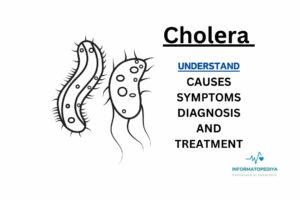

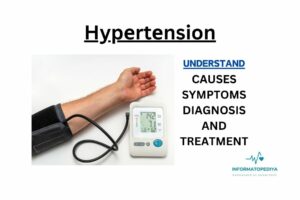
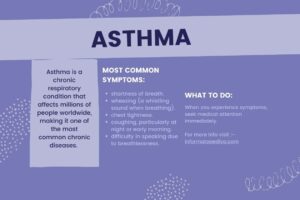

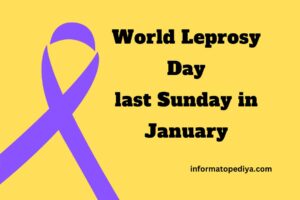
Posts that can provoke thought in both sexes are my favourite to read. Moreover, I appreciate the opportunity to provide feedback.
The effort you put into your research truly shines through.